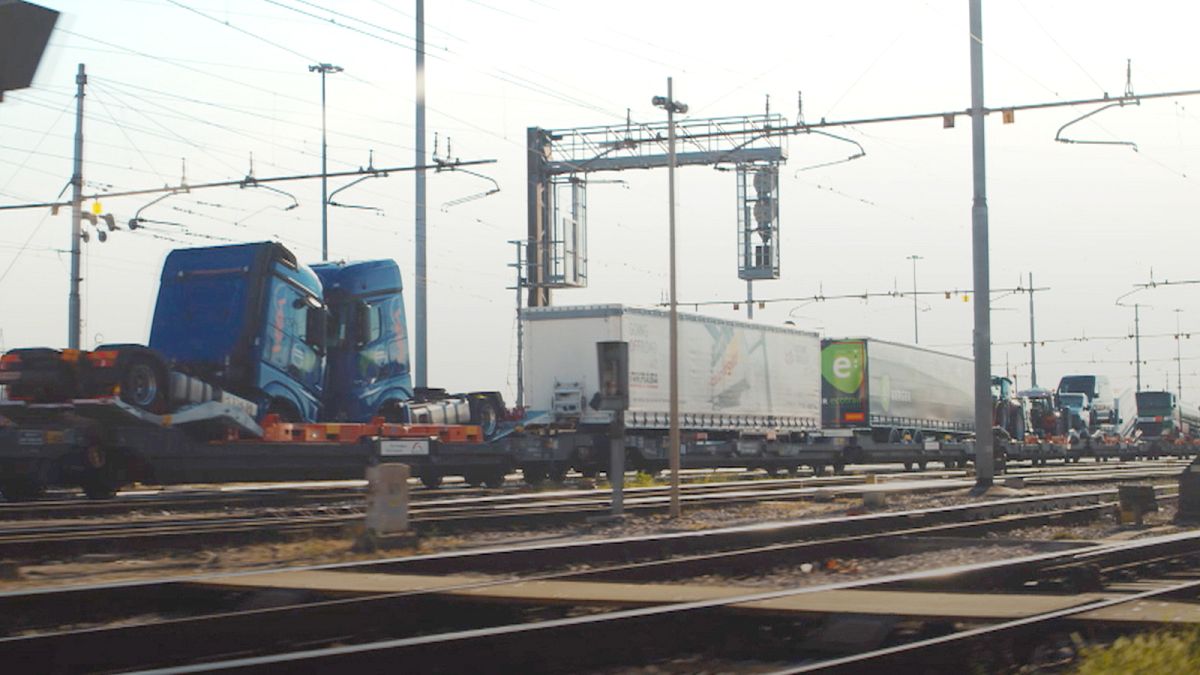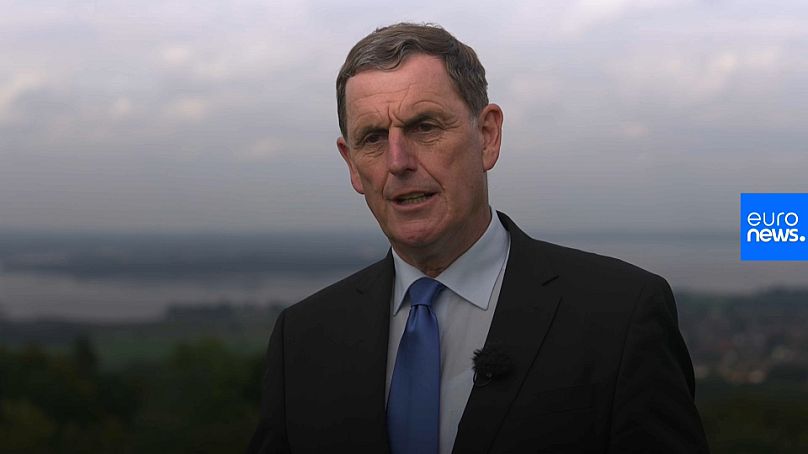Over two million lorries pass through the Alps' fragile eco-system every year causing noise disturbances, traffic jams and high levels of pollution. One European project is looking to change that using combined transport solutions.
'The future is rail', this motto is at the heart of AlpinnoCT (Alpine Innovation for Combined Transport), a European project trying to take lorries carrying goods and freight off the road in the Alpine region. The way they are doing this is by moving the lorries onto trains in what is called combined transport. This method is effectively a form of intermodal transport or the movement of goods in one and the same loading unit or road vehicle using successively two or more modes of transport, such as waterways, trains, and the sea. Why is this project specifically wanting to do this in the Alpine region? Pollution. CO2 emissions caused by freight lorries through this area are harmful to its delicate ecosystem.
Karl Fischer is the co-initiator of this EU-sponsored project and he explains that in order to keep a healthy balance between the economy and traffic in this sensitive region, this shift or using combined transport is essential.
He knows that climate change is real and to him, the only solution they have been able to find to reduce CO2 emissions by 80% in the Alpine region is by turning to rail. One technical way in which they are facilitating this is by getting lorries to drive onto Nikrasa or Vega platforms. These platforms are able to move lorry trailers on to train in the space of three minutes.
"If we want to be competitive in regards to cost, time and quality, we also have to work together to compete with roads and not just wait for funding," he adds. He believes that the only way for this to be achieved is through better organisation, improving communication and using digitalisation. They are what he calls, "the essential solutions". In the six years since this project started, there has been a significant shift to trains, which in turn is positive for the Alpine environment.
_To watch the full interview of Karl Fischer, click on the media player above. _

